Genetic testing is a game changer for athletes and fitness enthusiasts, helping them improve their performance and achieve their goals.
Looking for ways to boost your sports performance or fitness goals? All you need to do is take a good, close look at your genes. Coaches and trainers worldwide are increasingly relying on genetic testing to tailor training routines that consider each individual’s unique genetic composition. It provides a complete picture of a person’s athletic potential, dietary demands, and injury risk by examining unique genetic differences.
The Role of Genetics in Sports Performance
The genetic makeup of a person can play a significant role in determining their fitness level, speed, endurance, recovery time, and more. Is a cricketer’s genetic testing helping them optimise their performance on the field? Ramji Srinivasan, who has worked as a strength and conditioning coach for the 2011 World Cup-winning Indian Cricket Team and is the founder and director of Sports Dynamix HPC, says genetic testing has been in vogue for some time now. “There are varied opinions regarding this testing and analysis, but nevertheless, we need information and inference data, which is helping our athletes,” he says.
Certain genetic variants can influence how an individual reacts to various macronutrients, including carbs, lipids, and proteins. As genetic testing becomes more available and affordable, personalised training routines are becoming more popular in the fitness sector.
Train smarter
Fitness expert, health coach, and author Deanne Panday says genetic testing can help one understand how the body responds to exercise and may help create a more effective workout plan. “Genetic tests can provide information about your muscle fibre type, endurance levels, and how your body uses nutrients. This information can help optimise strength,” she says. One can also learn how long to work out to build muscle, lose weight, or achieve their goals.
Genetic testing, she says, can tell how genes affect recovery time, risk of injury, and metabolic efficiency. “This can help you personalise your exercises and take preventative measures. You can learn if your genetics favour strength or endurance, which can help you choose activities like cycling, running, HIIT, weightlifting, or sprinting.” Deanne herself got genetic testing done twice, the first seven years ago and the second about three years ago.
Adjust your nutrition
Today, people can learn how efficiently the body uses fats and carbohydrates, which can help make precise nutritional adjustments. “You can learn which vitamins can help you build muscle or burn calories. The test helps you understand how your DNA affects your ability to recover from an intense workout, your personal metabolism, the strength of your core muscles and joints, as well as how efficient your body is at processing oxygen,” explains the expert. Deanne herself got genetic testing done twice, the first seven years ago and the second about three years ago.
Talent, Practice & Genes
The purpose of this tool is to cultivate talent and improve performance. “These tests cannot solely rely on them to achieve results, given the multitude of variables that need to be addressed.” Ramji emphasises that human intervention plays a crucial role in leveraging individual talent and performance, emphasizing its importance as a reference tool. Genetic testing, Ramji says, can shed light on varied protocols not known before. “It all depends on how one uses it. Genetic testing can also be a dicey tool for early specialisation, which can cause burnout and fatigue both physically and mentally,” he warns. He says, corporates who conduct these tests claim a variety of benefits. “But is it a foolproof system? Only time and performance will tell,” says Ramji. The performance may not have been a one-time event, but it has continually earned people’s trust over time.
The Sports Gene
Genetics play a significant role in determining the sports performance of an individual. Physical phenotypes such as muscle performance, endurance ability, muscle contraction force, cardiac performance, and oxygen intake are known to correlate with over 100 genes, making it a polygenic trait. Genetic factors determine nearly 50% of the variation in physical fitness across the globe, says Anu Acharya, founder and CEO of Ocimum Bio Solutions and MapmyGenome. She says, “Genetic testing can help you understand how your body functions and how to make the best use of the results, whether you are an elite athlete trying to make a tiny difference in performance or someone who wants to become fitter.”
Source: https://www.deccanchronicle.com/tabloid/hyderabad-chronicle/genes-at-play-1808991


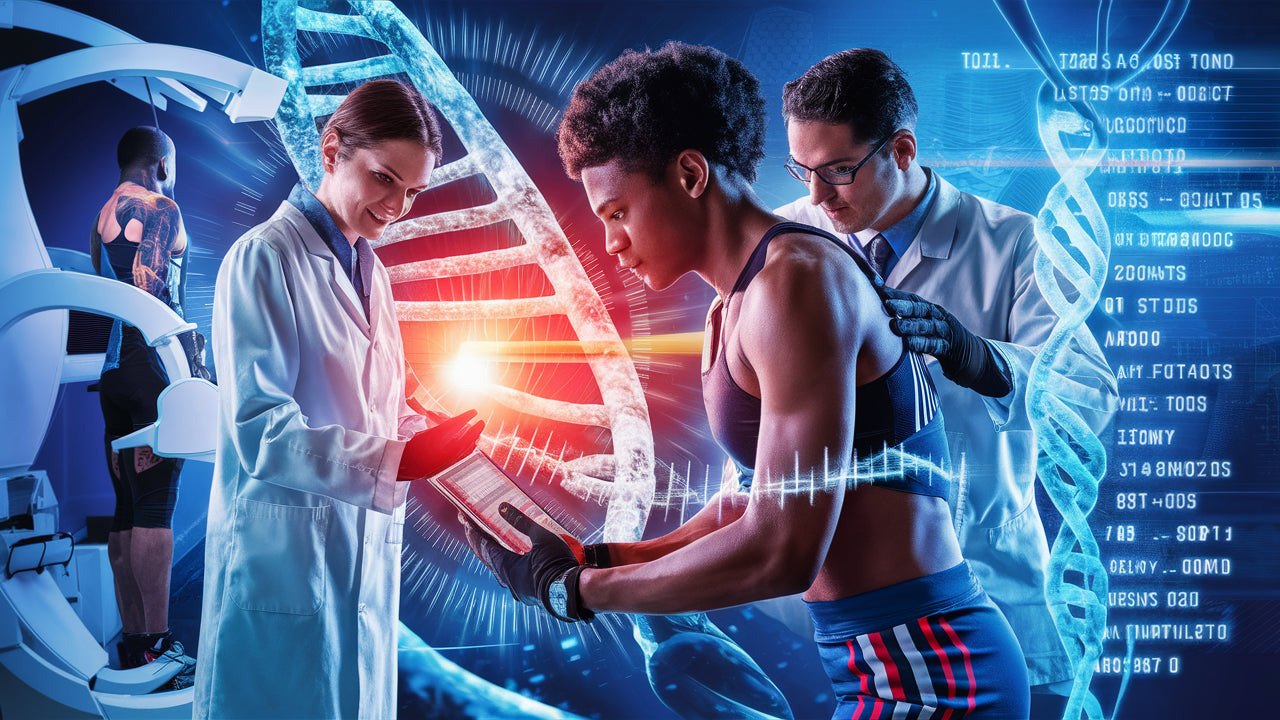

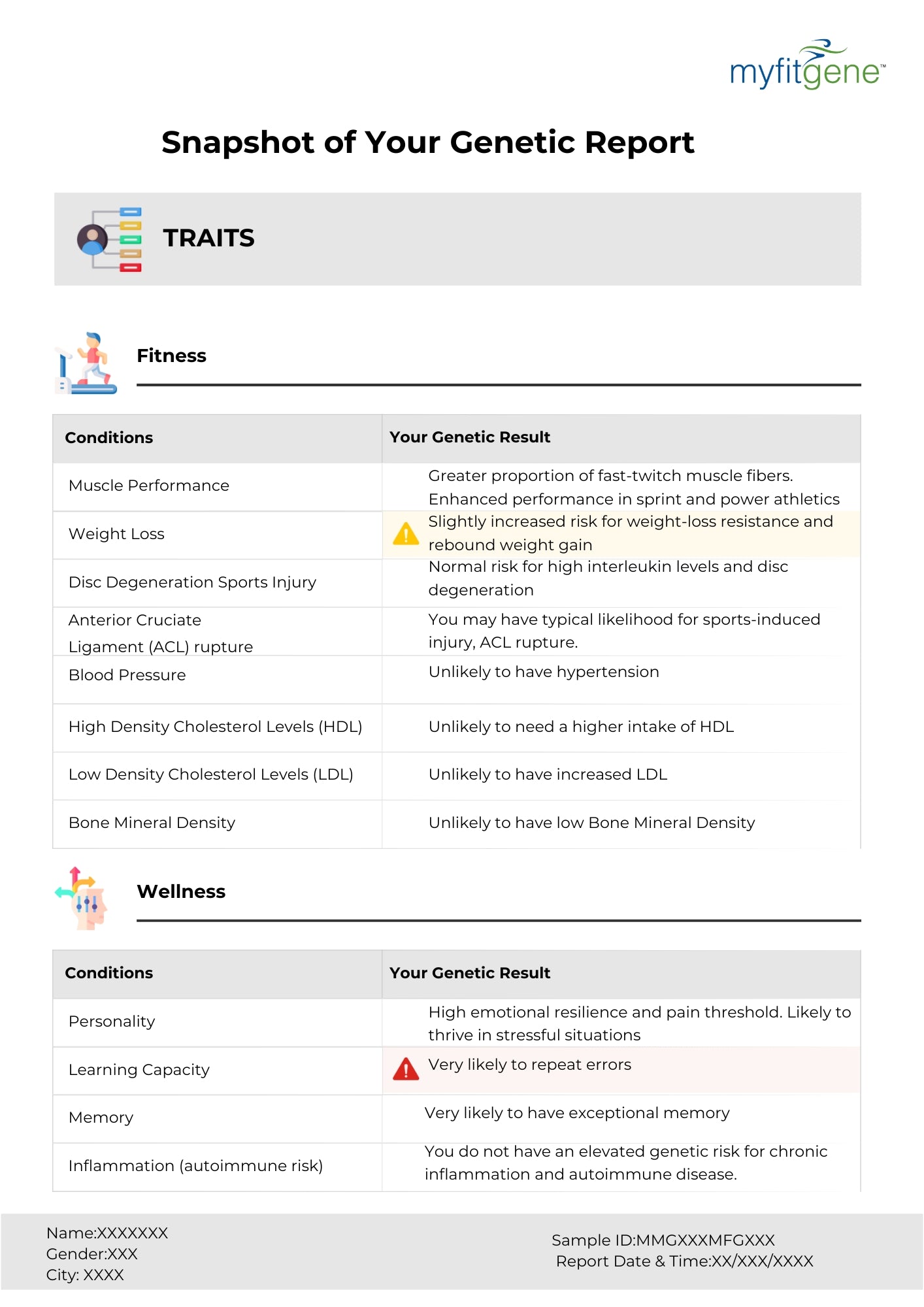

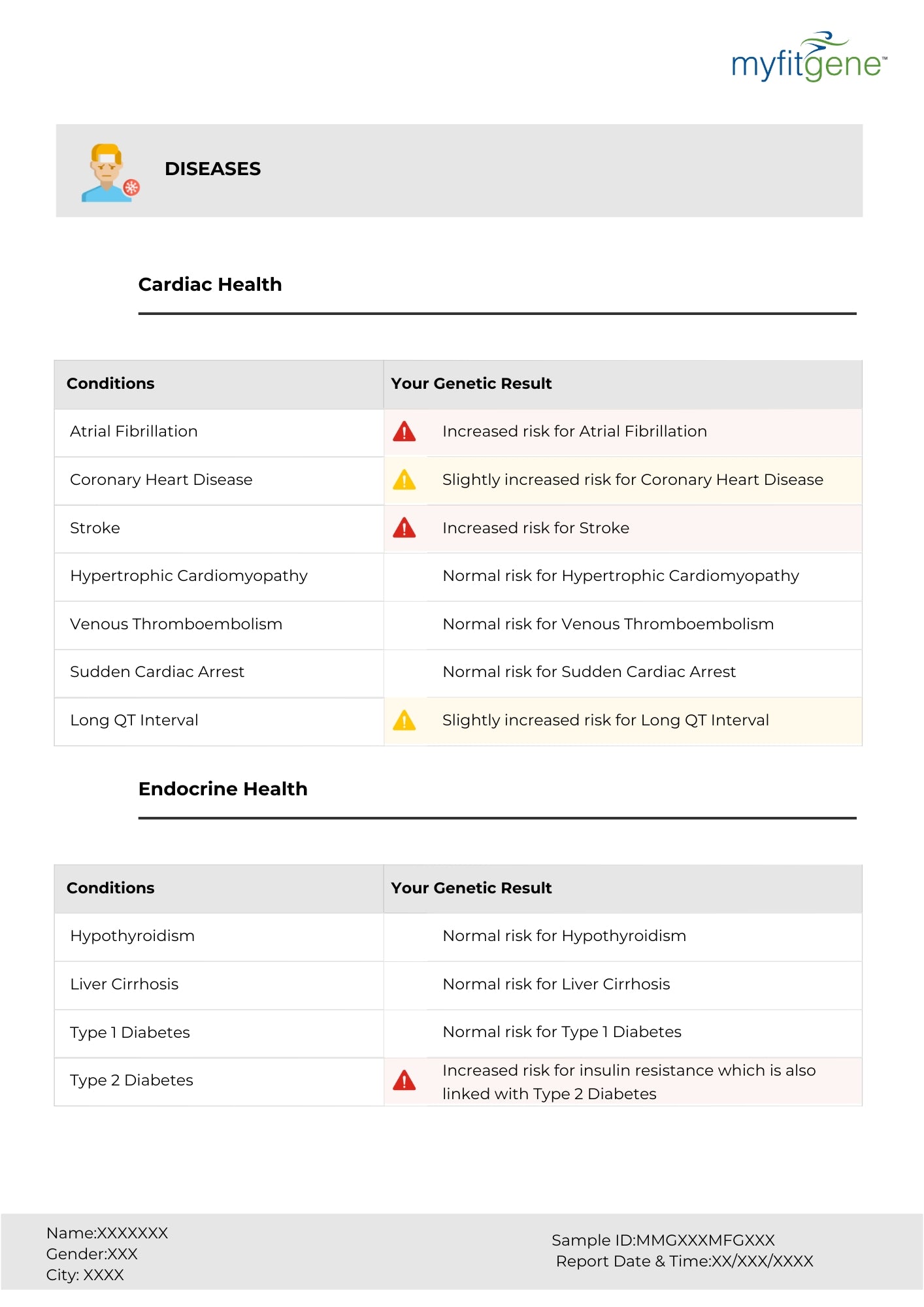
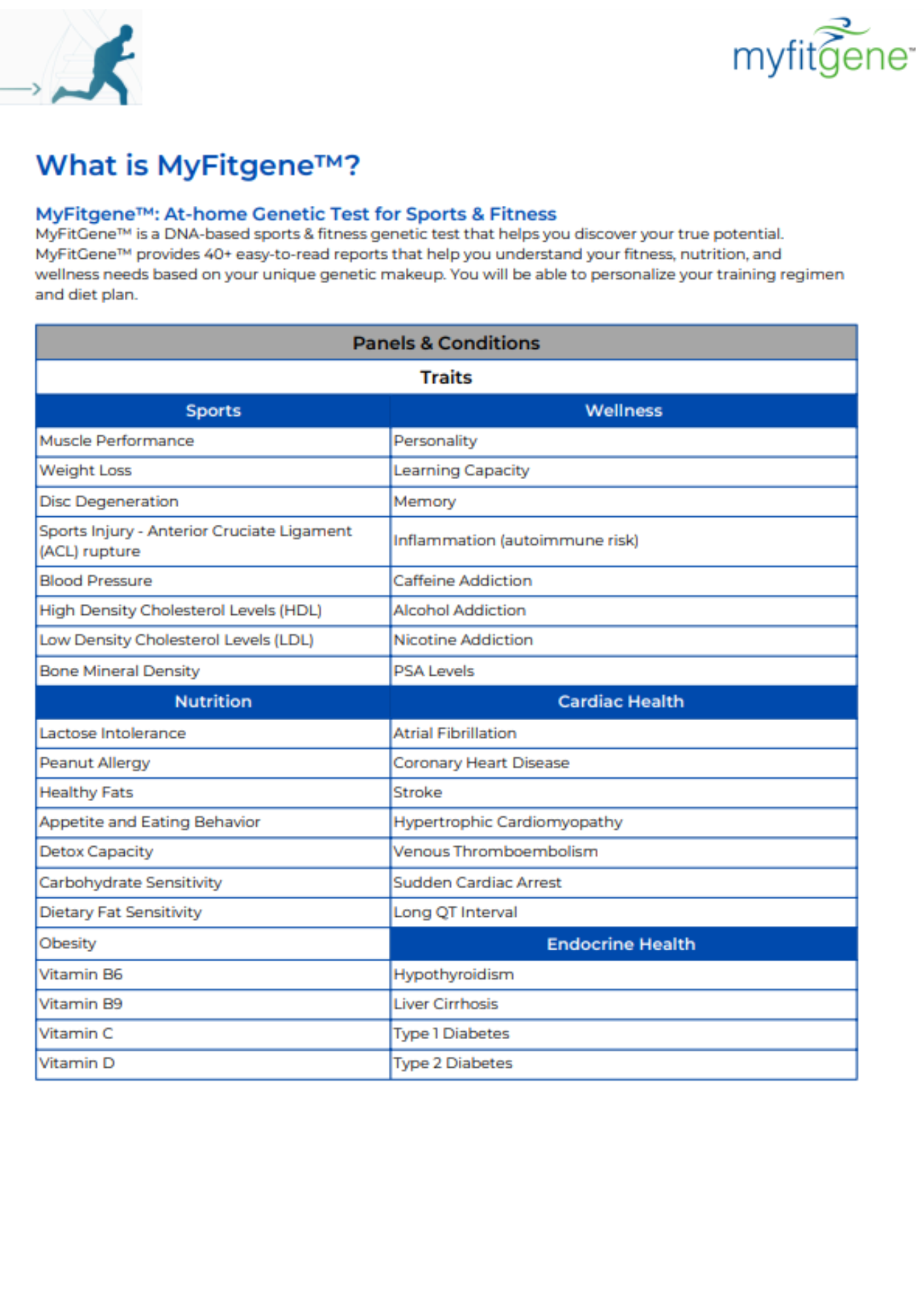
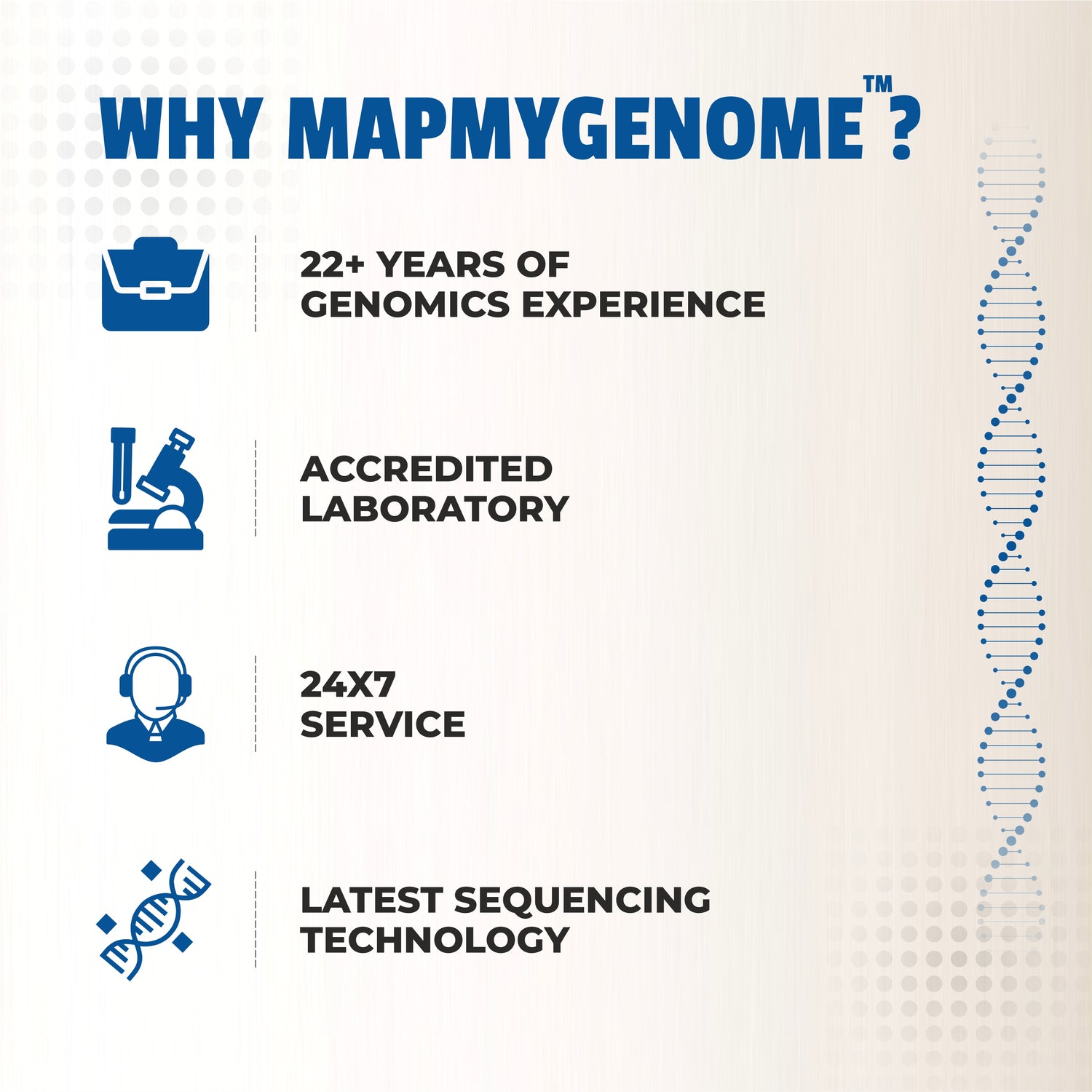
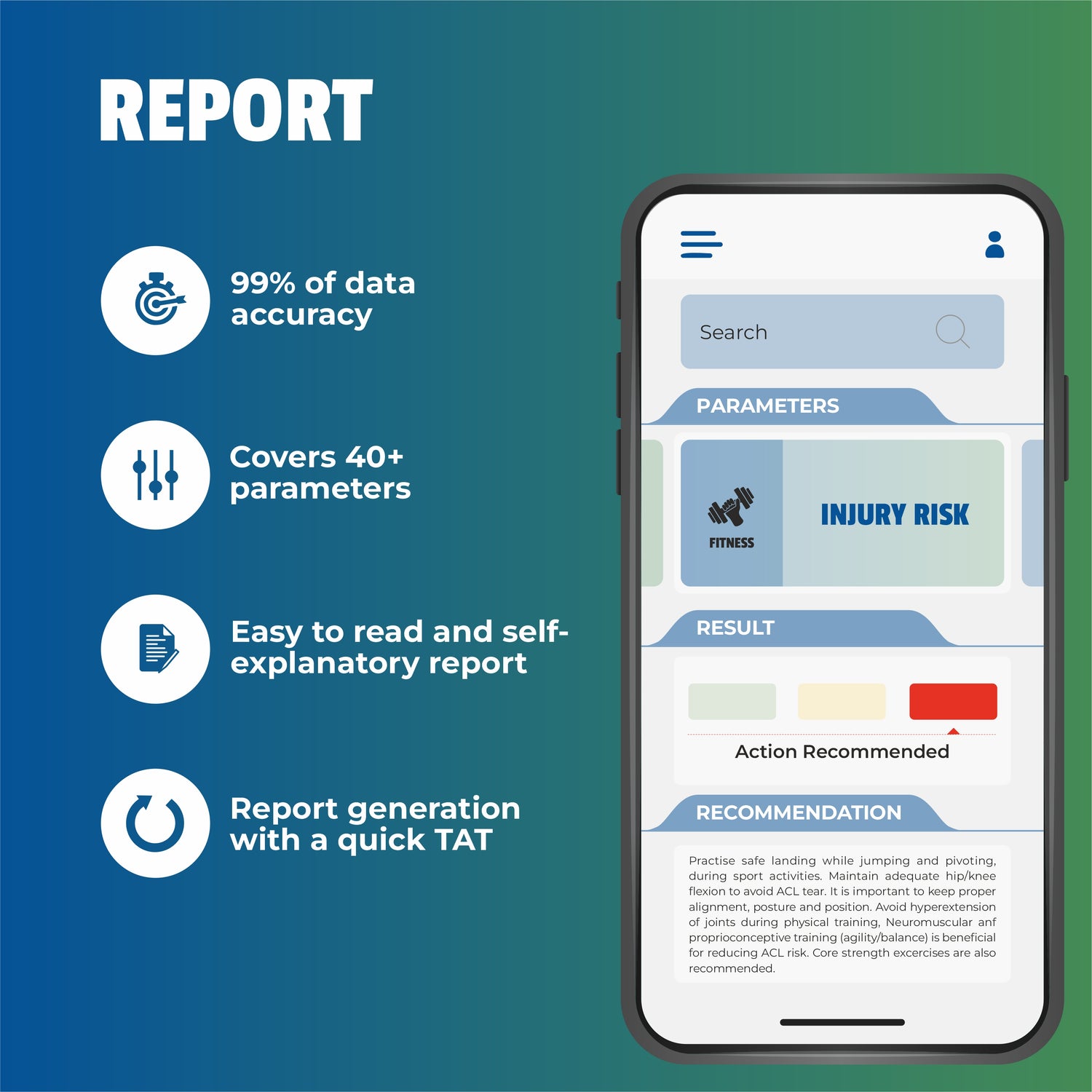
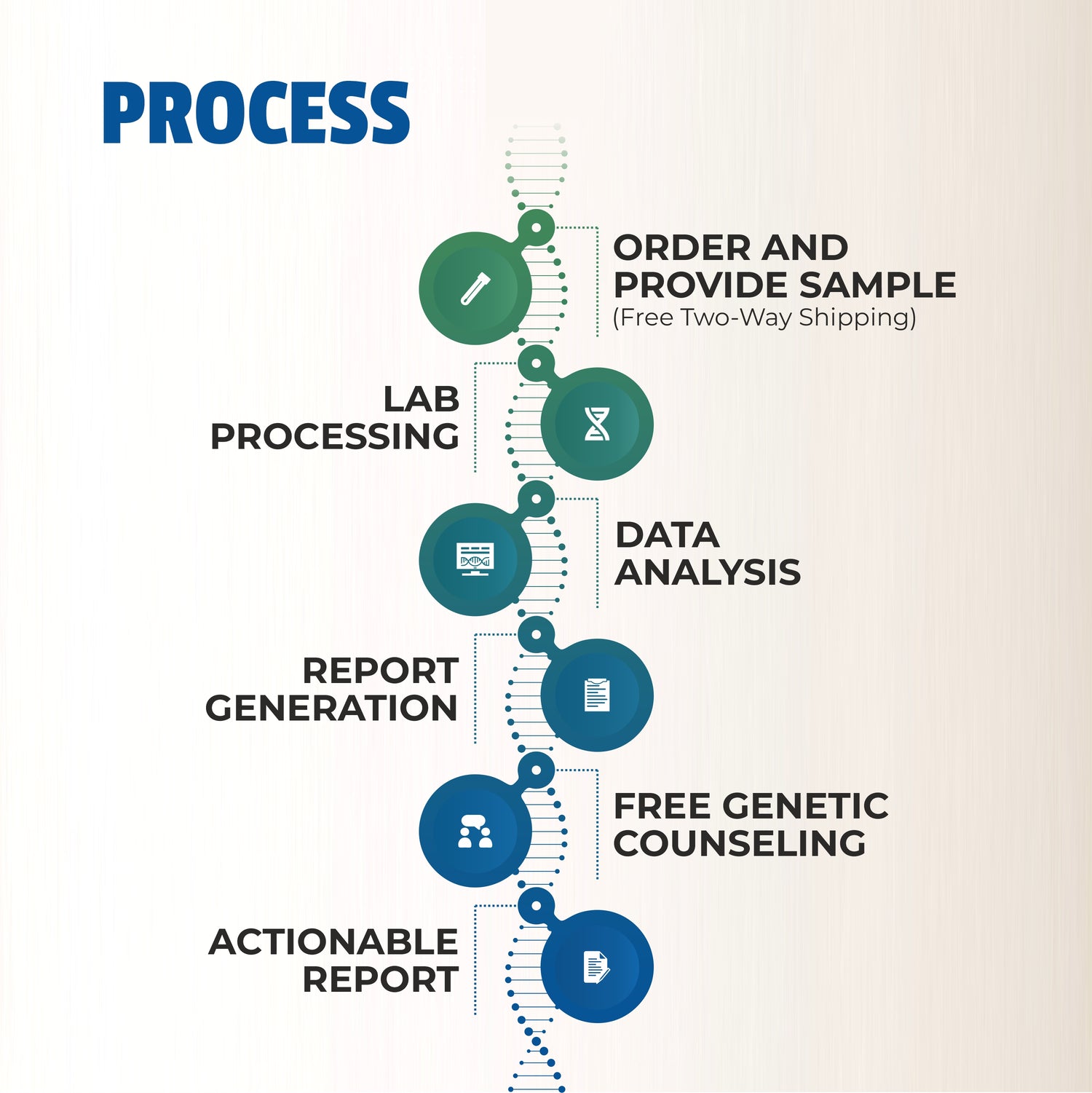


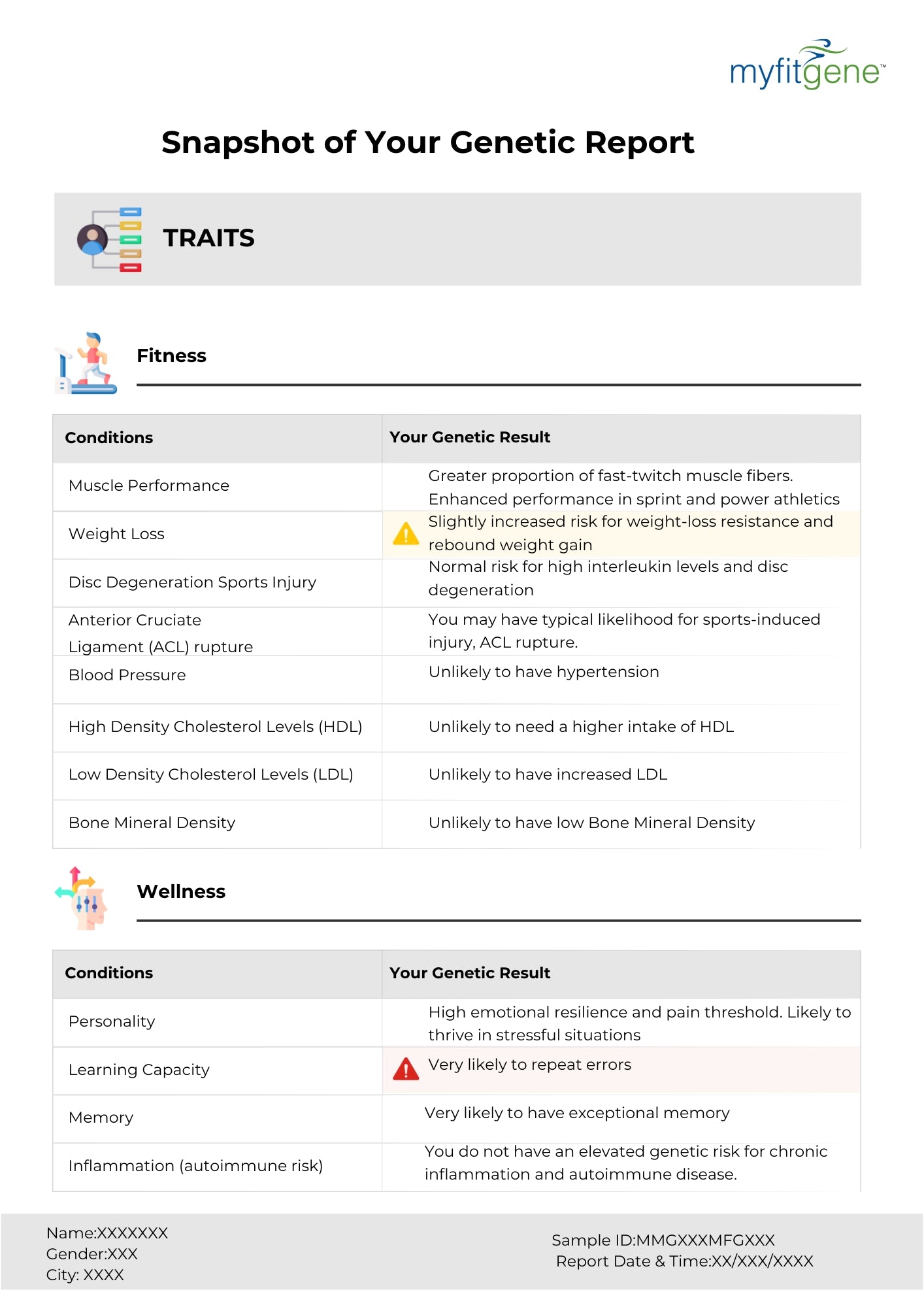

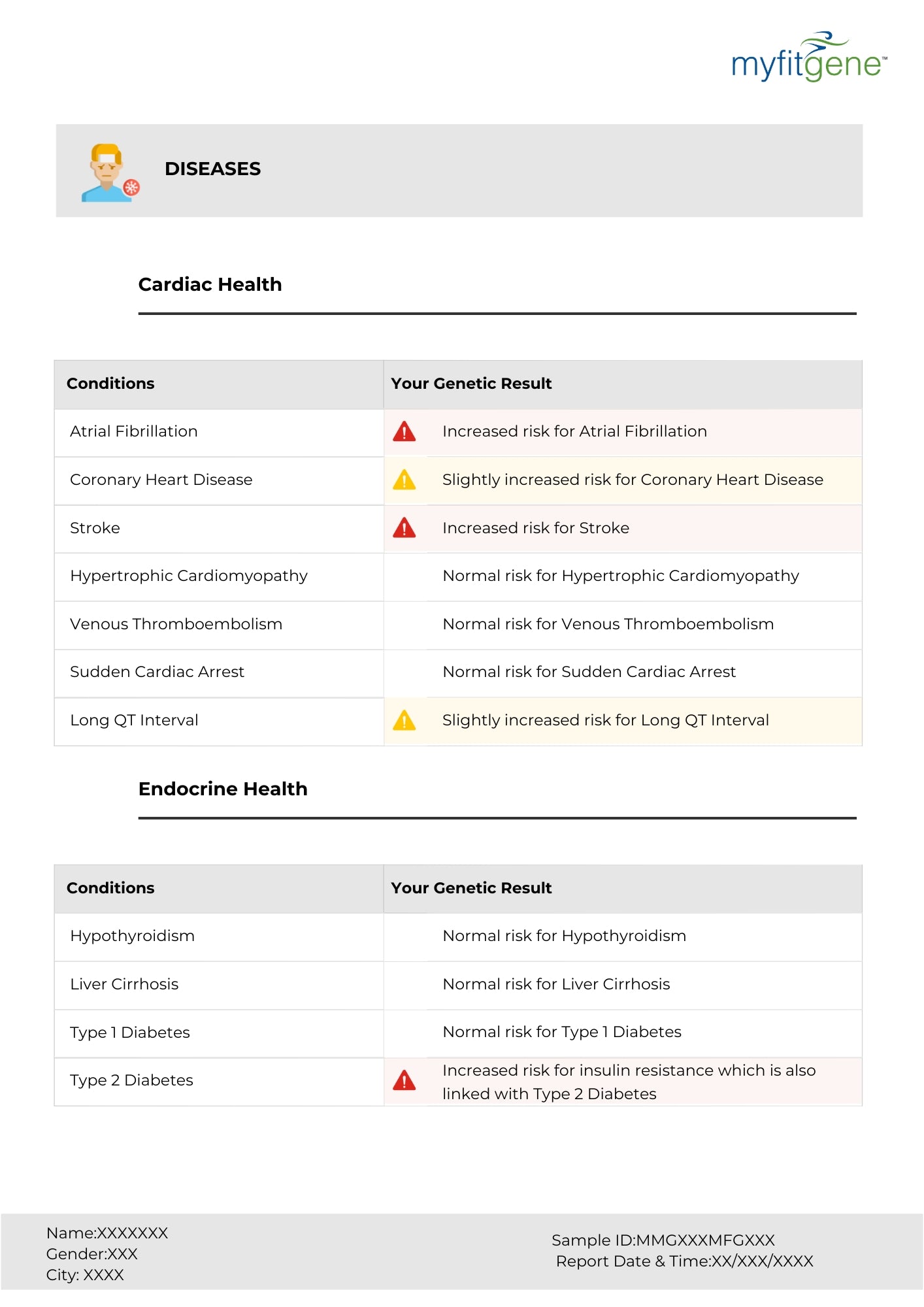

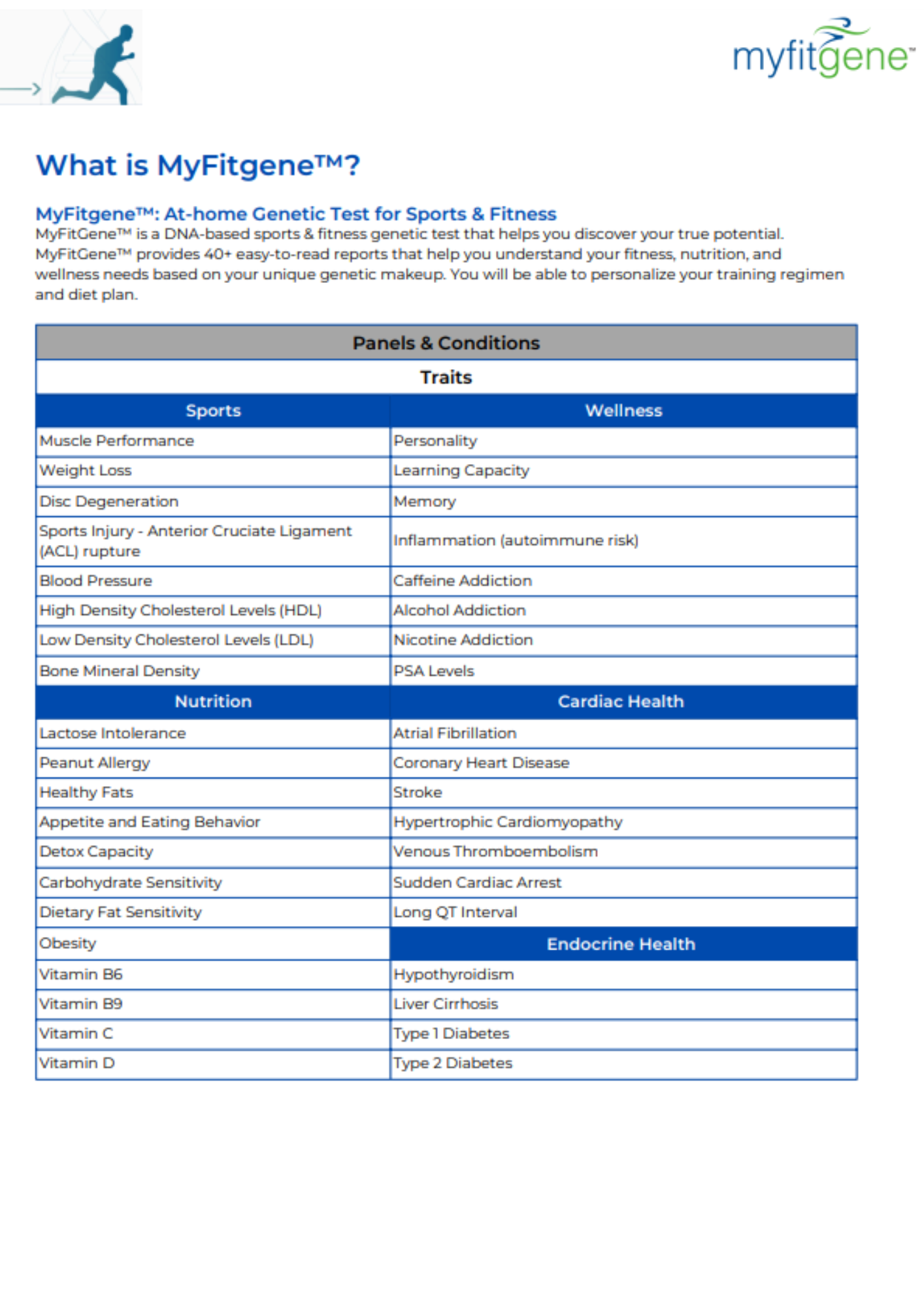

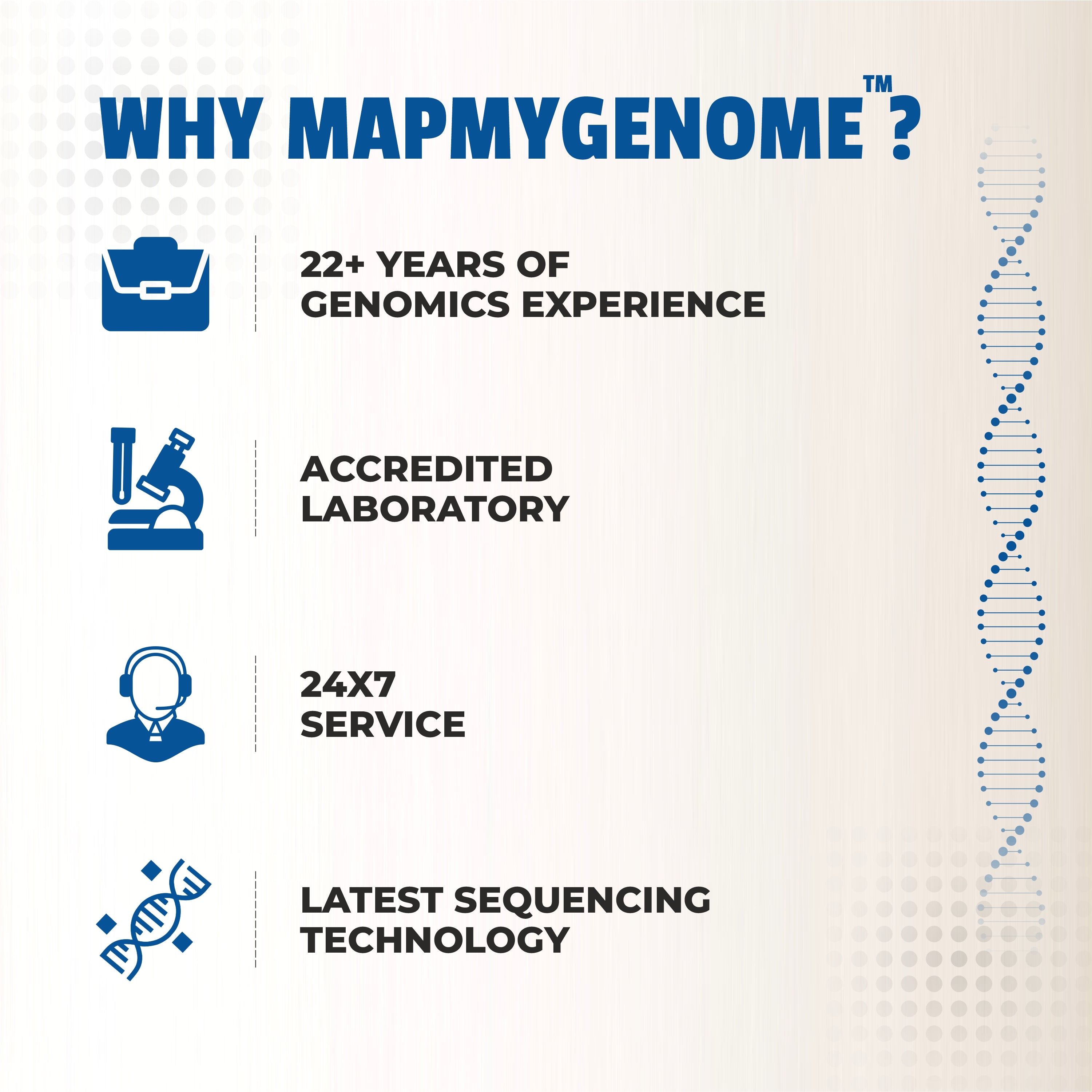
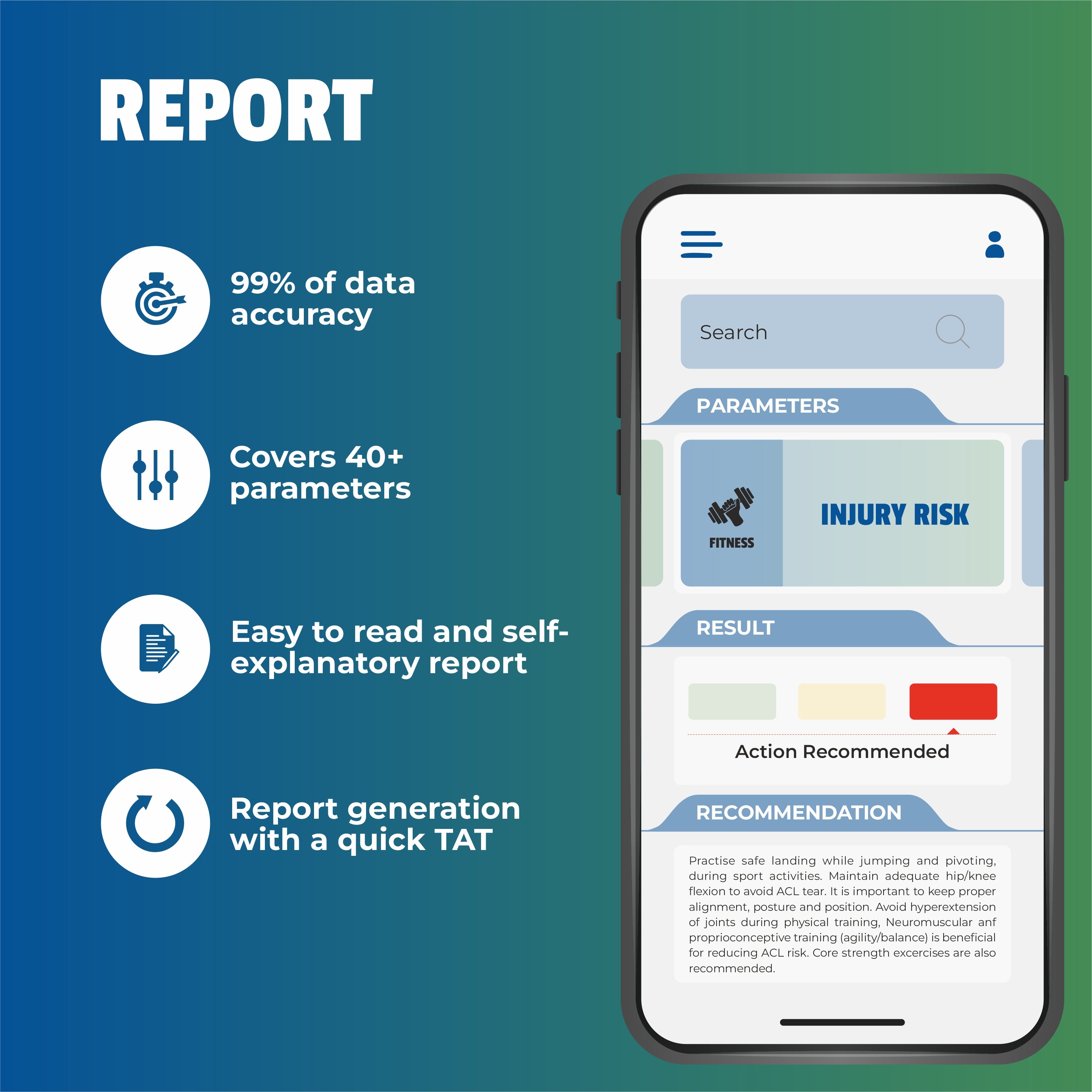
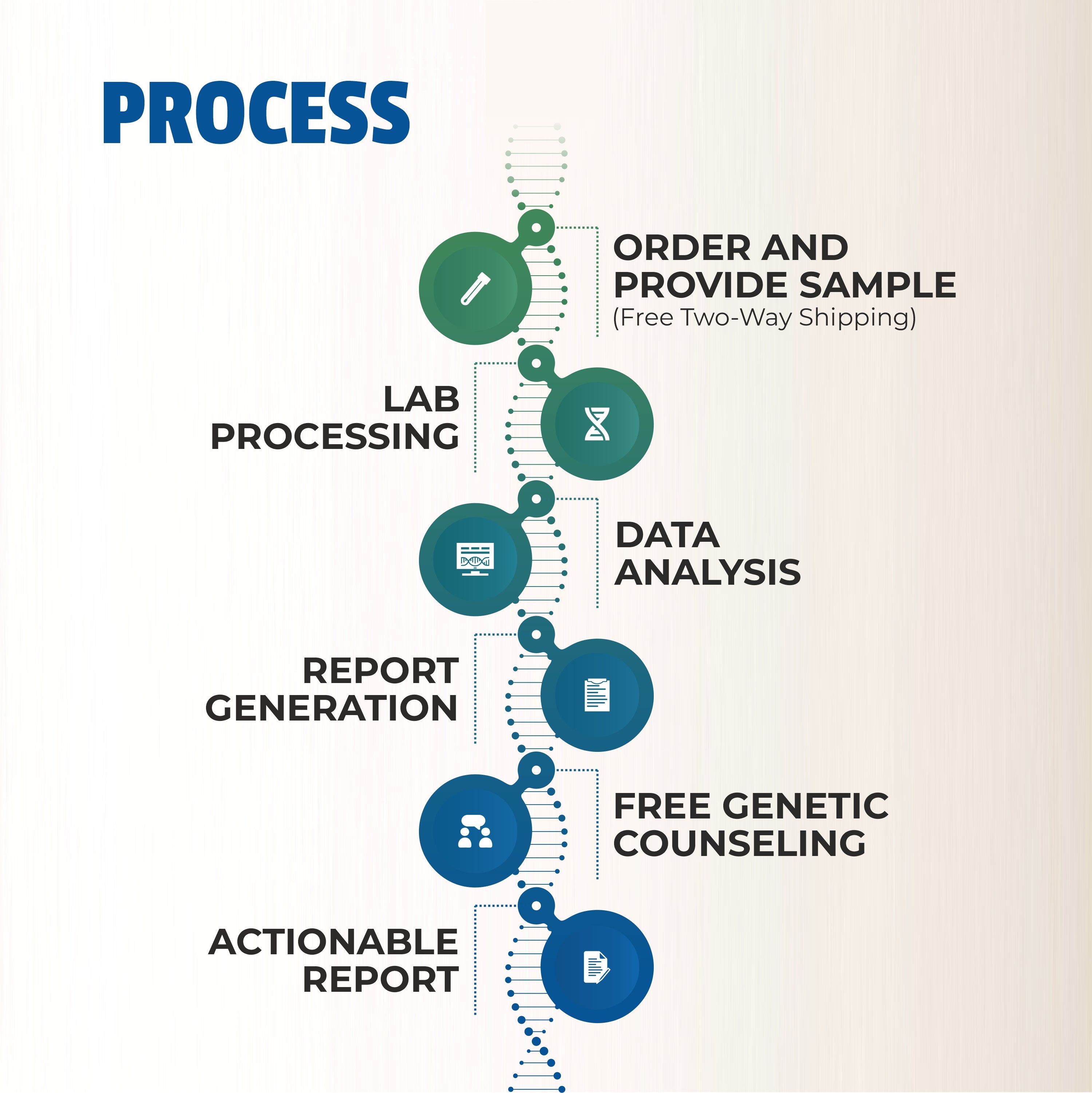




1 comment
Olympic medlists are found to be genetically rich, trained on scientific principles and given the most challenging target of realizing their potential to the fullest at global events-Olympic Games and World Championships. Genetic testing can be a game-changer in designing a road-map for elite athletes, to achieve a Pinnacle of Performance under close supervision of professionals, not only in intense training but also in tough tournaments.